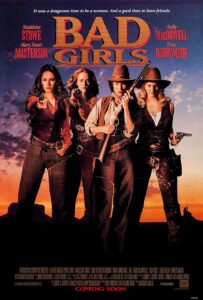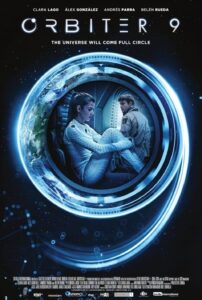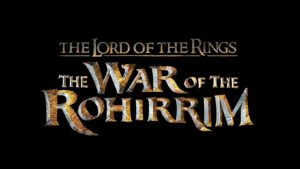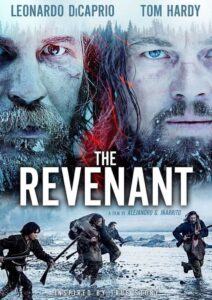| Planet of the Apes | |
|---|---|
 Theatrical release poster
|
|
| Directed by | Franklin J. Schaffner |
| Screenplay by | |
| Based on | Planet of the Apes by Pierre Boulle |
| Produced by | Arthur P. Jacobs |
| Starring | |
| Cinematography | Leon Shamroy |
| Edited by | Hugh S. Fowler |
| Music by | Jerry Goldsmith |
| Color process | Eastmancolor |
|
Production
company |
APJAC Productions
|
| Distributed by | 20th Century-Fox |
|
Release dates
|
|
|
Running time
|
112 minutes[1] |
| Country | United States |
| Language | English |
| Budget | $5.8 million[2] |
| Box office | $33.3 million[2] |
Planet of the Apes (1968)
The outline Planet of the Apes script, originally written by Serling, underwent many rewrites before filming eventually began.[3] Directors J. Lee Thompson and Blake Edwards were approached, but the film’s producer Arthur P. Jacobs, upon the recommendation of Heston, chose Franklin J. Schaffner to direct the film.[4] The script portrayed an ape society less advanced—and therefore less expensive to depict—than that of the original novel.[5] Filming took place between May 21 and August 10, 1967, in California, Utah, and Arizona, with desert sequences shot in and around Lake Powell, Glen Canyon National Recreation Area. The film’s final “closed” cost was $5.8 million.
Planet of the Apes premiered on February 8, 1968, at the Capitol Theatre in New York City, and was released in the United States on April 3, by 20th Century-Fox. The film was a box-office hit, earning a lifetime domestic gross of $33.3 million.[2] It was groundbreaking for its prosthetic makeup techniques by artist John Chambers[6] and was well received by audiences and critics, being nominated for Best Costume Design and Best Original Score at the 41st Academy Awards, and winning an honorary Academy Award for Chambers. In 2001, Planet of the Apes was selected for preservation in the United States National Film Registry by the Library of Congress as being “culturally, historically, or aesthetically significant”.[7][8]
Planet of the Apes’ success launched a franchise,[9] including four sequels, as well as a television series, animated series, comic books, and various merchandising. In particular, Roddy McDowall had a long-running relationship with the franchise, appearing in four of the original five films (he was absent from the second film, Beneath the Planet of the Apes, in which he was replaced by David Watson in the role of Cornelius) and also in the television series. The original film series was followed by Tim Burton’s remake of the same name in 2001 and a reboot series, which began with Rise of the Planet of the Apes in 2011.[10]










